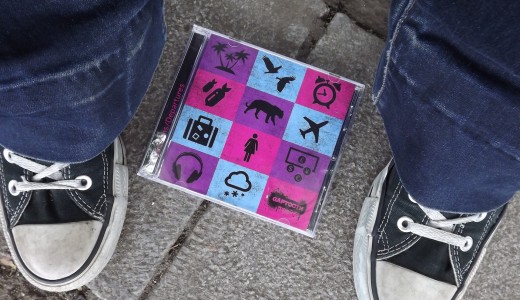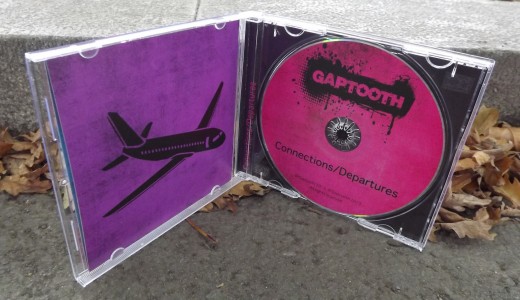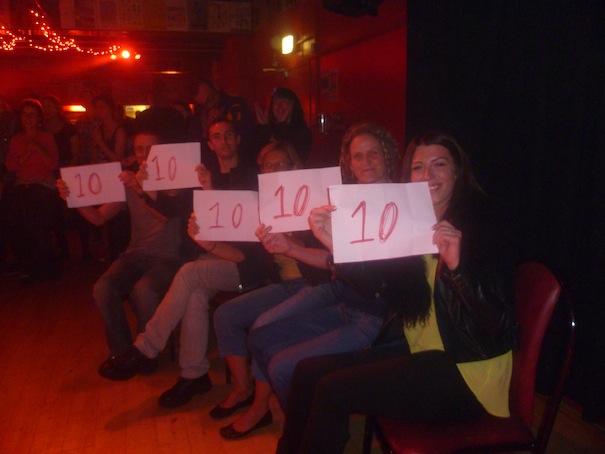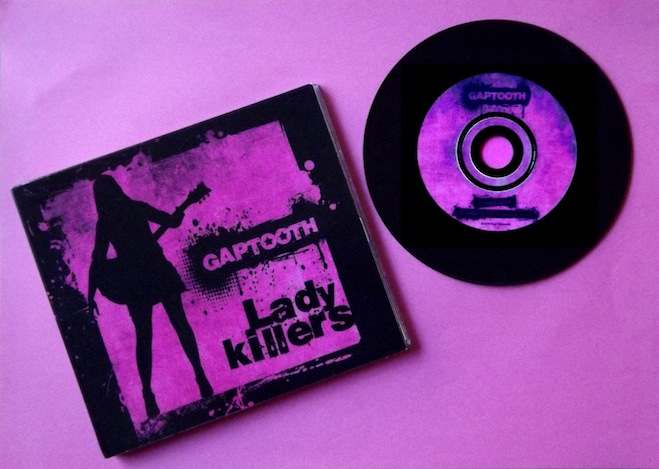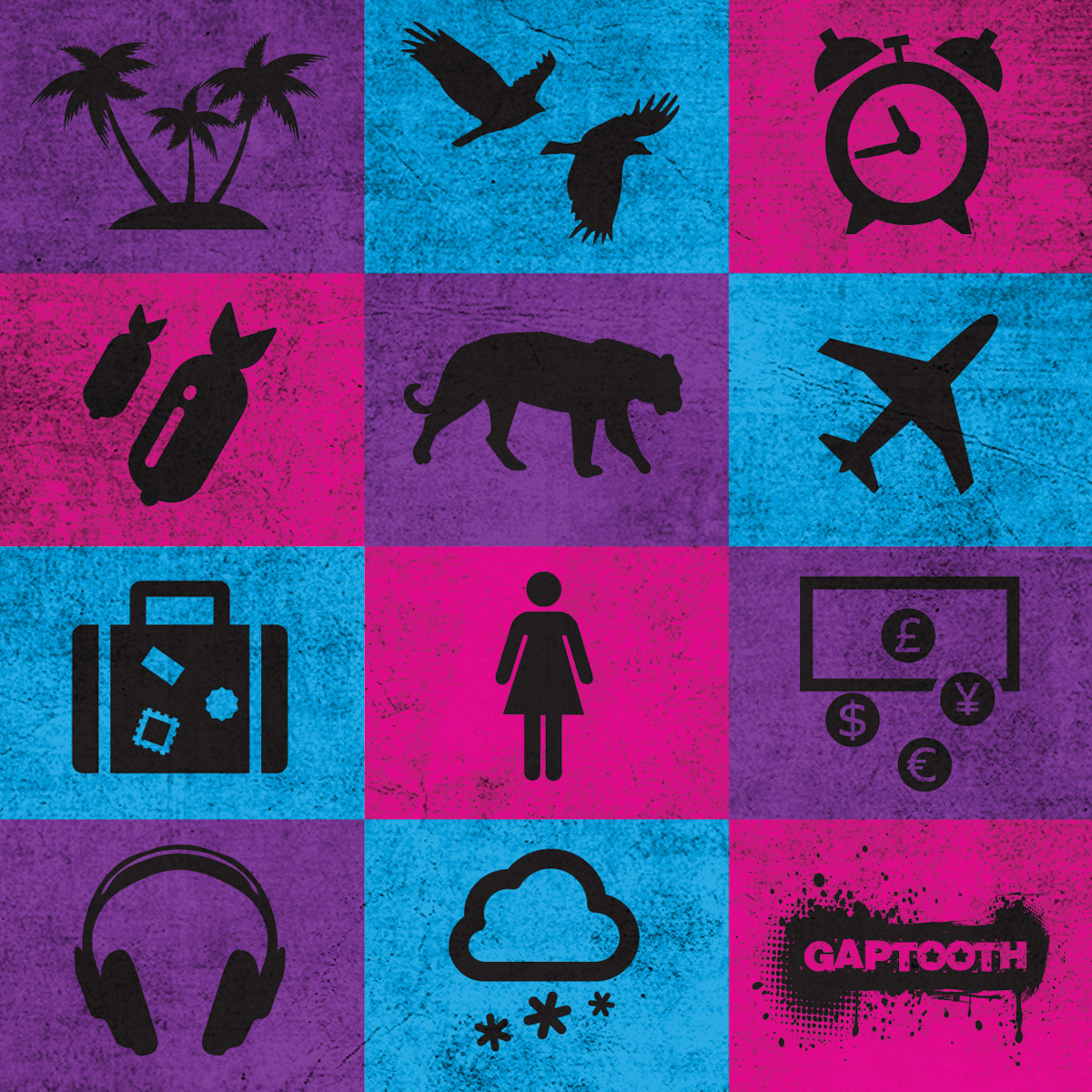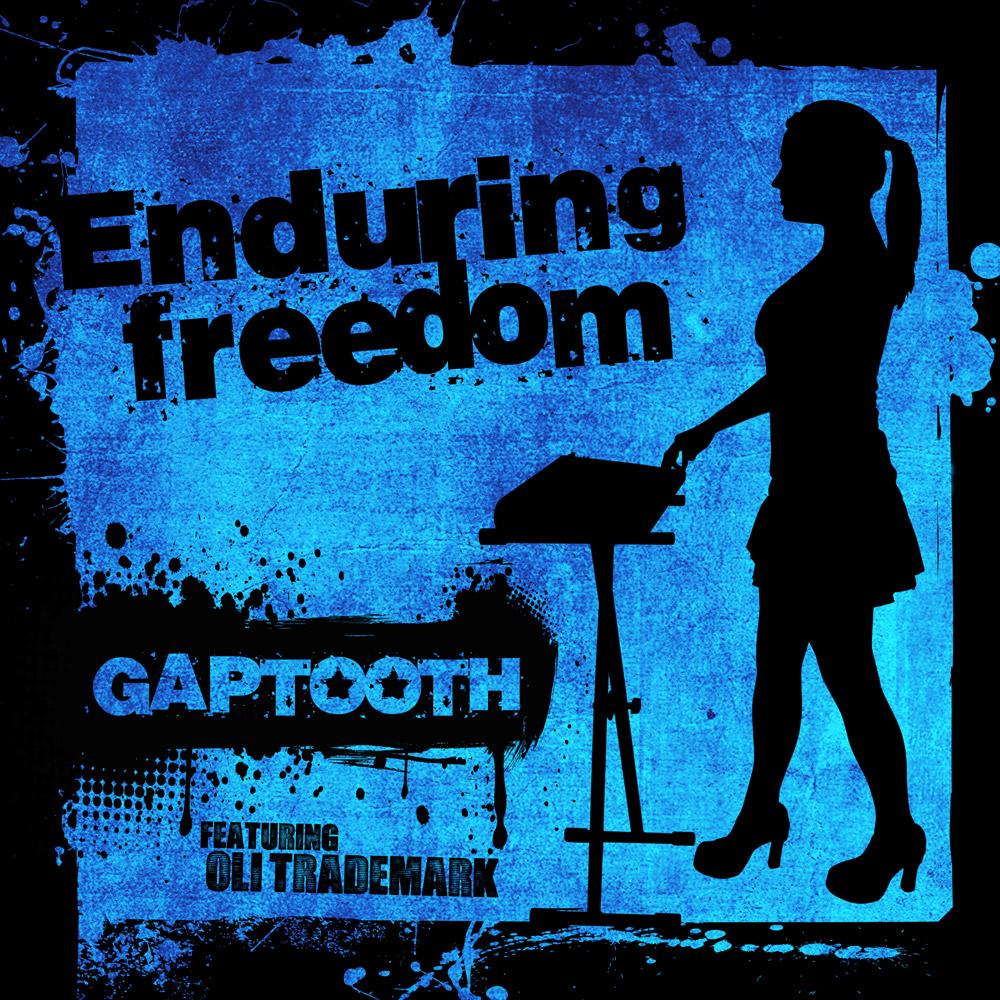In recent weeks there has been an upsurge of debate about sexism in the music industry, from Sinead O’ Connor’s open letter to Miley Cyrus and Amanda Palmer’s response, to Britney Spears declaring that she feels pressure to be too overtly sexual in her videos, Annie Lennox calling for age restrictions on music videos with sexual content, Charlotte Church’s lecture on sexism in the music industry and Lauren Mayberry of Chvrches’ speaking out against sexist abuse online. I’ve been quietly watching this debate and the responses from feminists.
One major premise of these conversations – which is hard to disagree with – is that women in the music industry come under strong pressure to market themselves by submitting to and/or actively promoting their own sexual objectification. (I was going to say by marketing themselves on the basis of their sexuality, but it’s often not clear whether it is really their sexuality or someone else’s.) The focus of much discussion has been on female musicians and how they should respond to this pressure.
To crudely summarise the debate, some – such as Sinead O’Connor – argue that women should resist this pressure, both for the sake of their own wellbeing but also because when high profile women participate in this objectification it sends a message to the world that it’s acceptable and even desirable. The argument goes that women in the public eye – especially those who are role models for young girls – have a responsibility not to perpetuate sexism. Commentators differ in the extent to which they blame (usually male) record company execs, video directors, agents, managers. etc. for feeding this narrative of women as sex objects or the women themselves. Meanwhile, others – such as Amanda Palmer – argue that women should be allowed to express their sexuality freely and make their own choices, and that these critiques amount to little more than slut-shaming. These different positions reflect a much wider, deeper debate within feminism about sex positivity and the commodification of sex which is beyond the scope of this blog post, though much of what I have to say applies to the wider issues beyond women in music.
My own view is that, while valid points have been made on both sides of this argument, the focus of the debate is all wrong. To argue over the behaviour of women in pop music and how they should or shouldn’t respond to a system which is oppressive and exploitative detracts attention away from the system itself, why it’s in place and what can be done about it.
Gloria Steinem made this point well, arguing that “…given the game as it exists, women make decisions… we need to change the culture, not blame the people that are playing the only game that exists.” That game is set up so that, however women choose to play it, they can never really win. If you show some cleavage you’re accused of betraying the sisterhood and demeaning yourself, but if you choose not to you’re prudish and unmarketable. Either way, you can’t win. Every time I go on stage or do a photo shoot I fret about what to wear – is this skirt too short or this neckline too low? Is this modest or just frumpy and unflattering? Occasionally I like to wear corsets, just because I like the way they can look – but others (rightly) point out that they have been a symbol of women’s oppression. Deciding what to wear should be a simple decision, but every choice is political. Let’s face it, it’s not just female musicians – in fact, this isn’t about music at all. All women face these dilemmas to a greater or lesser extent, although we differ greatly in how much thought we give to the politics of these decisions.
Men don’t have to worry about these things, and that’s the way it should be for everyone. And yet, by focusing on the choices women make when faced with a rock and a hard place we only increase that inequality. Male musicians are never expected to represent their entire gender, and yet for female musicians in the public eye it’s as though responsibility for the liberation of all women everywhere is placed on their shoulders. If I, as an obscure artist who is playing to small crowds, feel the pressure of these questions, then it is immeasurably worse for those playing to TV audiences of millions who also demand that they be a role model for girls all around the world whether they asked to be or not.
In an ideal world, women would be able to be sexual without being sexually objectified. Our patriarchal world makes that virtually impossible. Even when women choose not to portray themselves as sexual beings they are still objectified: that is, they are still judged and (de)valued based on how well they ‘succeed’ (or in this case ‘fail’) in achieving a normative standard of sexual attractiveness and availability. They just don’t benefit from their objectification in the way that women who use sexuality to promote themselves do. So even if we try not to play the game, our names are entered for us, and we’re almost bound to lose. So instead of giving women a hard time based on how they choose to lose, we should be asking why they have to play this fucked up game in the first place.
As people, as women, as feminists, we all sometimes compromise our principles for pragmatic reasons. We all have different ideas about what is a compromise – whether it’s wearing high heels, taking our husband’s surname, letting a sexist joke pass without comment or buying clothing made by women in sweatshops – none of us, however committed in our feminism, can claim we have never gone along with sexist ideas and practices. Many of those things – like wearing make-up or dancing in a sexually suggestive way – wouldn’t have us tied up in knots if it weren’t for the backdrop of entrenched inequality of which the objectification of women is a part. That context can’t be ignored, but why blame the players for the rules of the game? Instead of laying into each other for trying to live within a flawed system, let’s put our energy into changing it.

